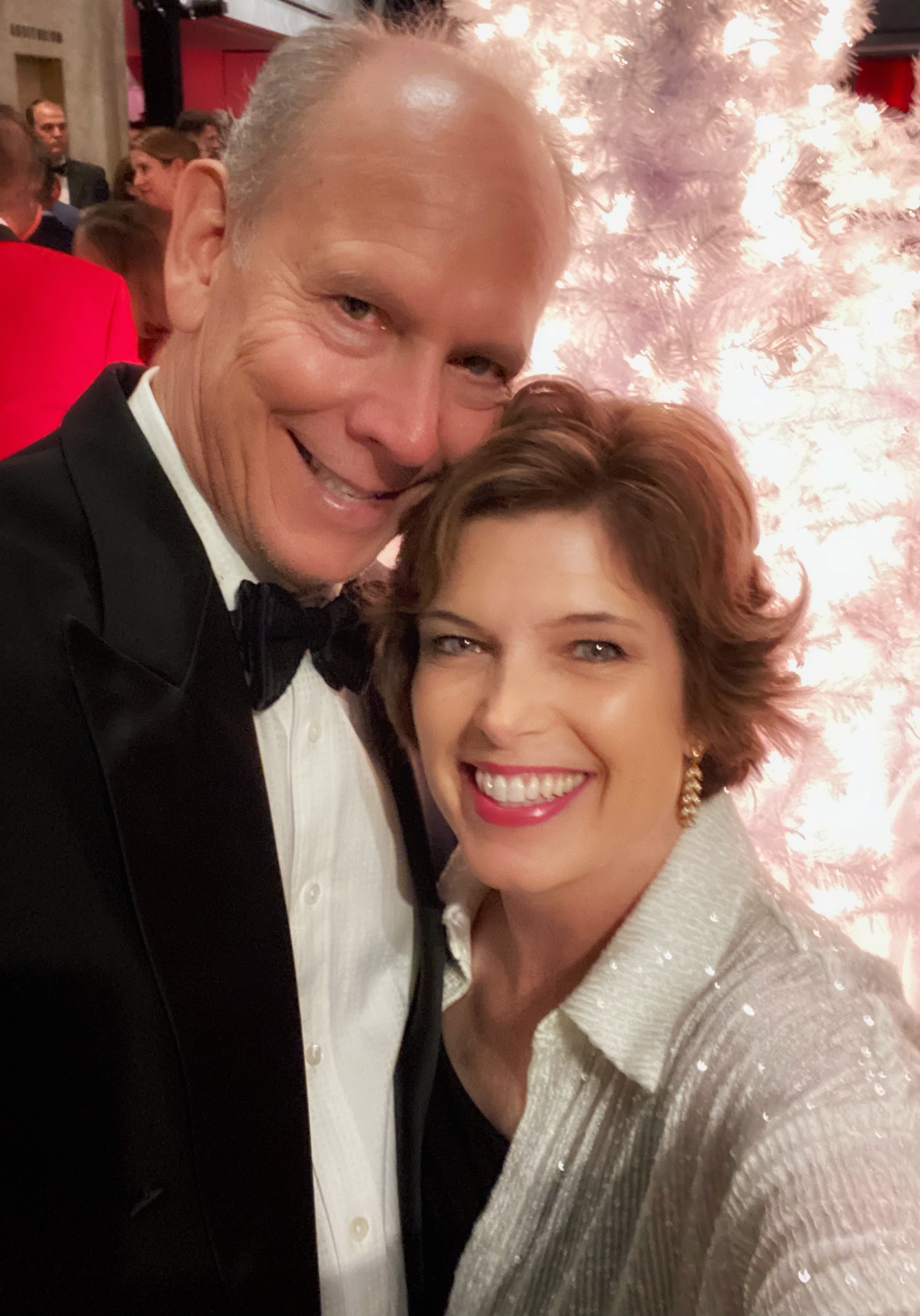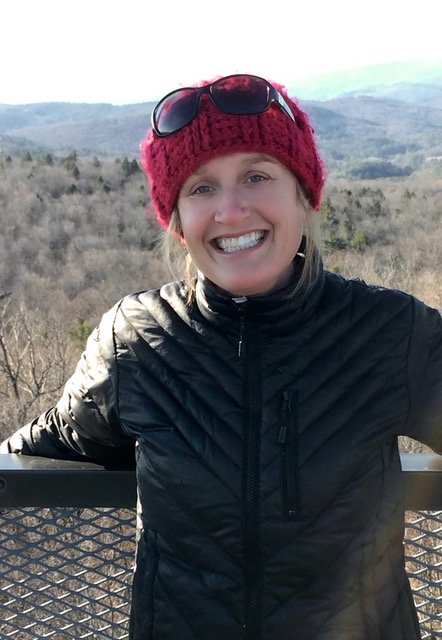
[ad_1]
Rob Praino had seen all of the newcomers to Chattanooga for some time. But by May 2020, the information confirmed his observations.
“People are starting to see the benefit of a smaller market like Chattanooga,” says Praino, director of memberships for Common House social membership. And they’re coming from everywhere in the nation, he says, from cities like Seattle, San Francisco, Chicago and New York — and naturally, Atlanta and Nashville.
“There’s so much to do here. There are a lot of good people here — and people feel that when they visit.”
He says an enormous a part of the attraction additionally has to do with the town’s community-wide, high-speed web that makes distant work simple.
Common House companions with a number of native companies, giant and small, that supply memberships as a part of their worker advantages bundle. In some circumstances, the enterprise pays for the membership; in different circumstances, staff purchase their very own membership however at a reduced fee.
“I tour people through here each week who have freedom in their work, and who are looking for a place to land,” says Praino. “People want freedom. The pandemic years let us know we can get done what we need done, and go to the office at our leisure, not necessarily as a requirement.”
Plus, he says, Chattanooga is only a excellent place to name house. “There is a calming spirit here. It’s a special place.”
*****
EPB, Chattanooga’s electrical utility, has been a pioneer in high-speed web.
In 2015, they introduced 10-gig service — much more {powerful} than anybody had skilled at the moment. Then final fall, they topped themselves, asserting the uber-powerful 25-gigs.
And most lately, in December of 2022, the corporate introduced its initiative to create America’s first business quantum community, which metropolis leaders hope will appeal to researchers and entrepreneurs curious about pursuing new quantum applied sciences in computing, cybersecurity and different fields.
“For people thinking about where to move, there are lots of places where you can’t get good internet service and pay a high price for it,” says J.Ed Marston, vice chairman of communications for EPB. “So the fact that we provide world-class service at a reasonable price is great. And that has enlivened the entrepreneurial landscape.”
The service not solely attracts companies and entrepreneurs from all over the world, however will increase the standard of life for 1000’s of native residents, he says. Add to that, there may be citywide service out there to each family inside a 600-square-mile space. That means folks can reside nearly anyplace, together with rural areas, and nonetheless have high-speed availability.
“And it enlivens companies as well, both in terms of the smart grid and fiber optic, depending on energy and connectivity,” says Marston. “In turn, attracting more business makes life better for Chattanooga overall. If there are more, higher paying jobs, that’s good for everybody.”
Marston says this mindset goes again to the Seventies and 80s. Chattanooga was financially devastated throughout these years, he remembers, having misplaced a whole bunch of commercial and manufacturing jobs.
In response, native leaders got here collectively to create what has turn out to be generally known as the “Chattanooga Way,” he says — a longterm name to motion to rebuild the town. Community-wide fiber optics got here into being in the course of the late Nineties to early 2000s.
“So the idea was to use fiber optics,” he says. “They’re easier to update. There’s the fiber optic cable itself, which has an incredible capacity for expansion without having to add more cable. And the technology used to pass information through the cable can be upgraded without having to redo work.”
*****
Before shifting to Chattanooga, Sybil Topel and her husband lived in each Nashville and Atlanta. Ultimately, although, Chattanooga match higher with their careers and plans.
“We chose Chattanooga as a destination where we would consider living, and then we started looking for work opportunities,” says Topel, vice chairman of selling and engagement for the Chattanooga Chamber of Commerce. “We loved the new development we saw – in particular several downtown and Southside building renovations. That was real evidence the city was embracing the influence of contemporary architecture designs.
“We each benefit from the shut entry to the river and trails from downtown. It’s really easy to reside right here. You can actually put a kayak or stand-up paddleboard within the river, or go hike at Stringer’s Ridge throughout lunch or after work.”
In terms of attracting business, she points to the Greater Chattanooga Economic Partnership (GCEP), which fosters smart growth in the 16-county, three-state region surrounding the city. The area has come to be known as a manufacturing magnet of the South, as well as a growing technology and entrepreneurial hub.
Chattanooga has become known as “freight alley,” she says, due in large part to the region’s top-notch logistics networks. Infrastructure for roads, rail, barges and air freight provide easy, cost-effective transportation to major markets in the Southeast, Midwest and Middle Atlantic, as well as seaports along the Gulf Coast and Atlantic Ocean. Companies located within the region are a day’s drive from 40% of the nation’s population — or more than 131 million consumers.
On top of that, she adds, Chattanooga is “flight pleasant.” The Chattanooga Metropolitan Airport offers non-stop service to nine locations throughout the U.S., which helps attract business visitors and tourists, many of whom became new residents.
******
In October 2022, Gail Loveland Barille was named the new director of Outdoor Chattanooga, part of the City of Chattanooga’s Parks & Outdoors Department. Through her previous work, she had experienced the beauty of Chattanooga, so when she and her husband had the opportunity to call the city home — they took it.
The couple moved here just before the pandemic hit in March of 2020. And that experience alone, she says, is enough to point out the benefits of public green spaces in urban areas.
“(The pandemic) was a tough time for folks to be relocating,” she remembers. “How are you going to satisfy new folks? But we explored the outside.
“Just the simple act of being in a green space can do amazing things to improve mental health. (Part of our mission) is to make sure every person in Chattanooga has access to the outdoors and parks.
Another factor that makes Chattanooga unique, she says, is its interest in promoting both natural and urban environments. Instead of viewing parks as a space within the city, there has been a move toward thinking about the city as the park itself, finding ways to connect people, businesses and nature.
Nationwide, she says, the trend is that people are in search of cities where are able to live, work and play. They’re wanting less time stuck in traffic and offices, and gravitating toward lifestyles that offer more freedom.
“Folks have already found the greatness of Chattanooga, so we’re working onerous to get forward of the influence of a rising populations,” she says. “We are working with local people companions, enterprise and nonprofit and different authorities entities inside the area, to ensure we’re sustainable development.
“We’re thinking ahead so our natural environments can be sustained and those places we’ve come to love can continue to be there for future generations.”
Selling the Scenic City
* Chattanooga boasts a decrease value of dwelling than the nationwide common and, regardless of increased gross sales taxes, Tennessee is certainly one of solely 9 states with no state earnings tax on private earnings.
* Home costs have risen by double-digit charges over the previous couple of years in Chattanooga, however the median house worth continues to be about 30% under the U.S. median, in accordance with the National Association of Realtors.
* The value of dwelling in Chattanooga is 3% increased than the state common and eight% decrease than the nationwide common, in accordance with census knowledge and nationwide surveys.
* Chattanooga housing is 11% cheaper than the united statesaverage, whereas utilities are about 10% decrease.
READ MORE
* BlueCross BlueShield of Tennessee embraces the possibilities of a remote workforce
[adinserter block=”4″]
[ad_2]
Source link



